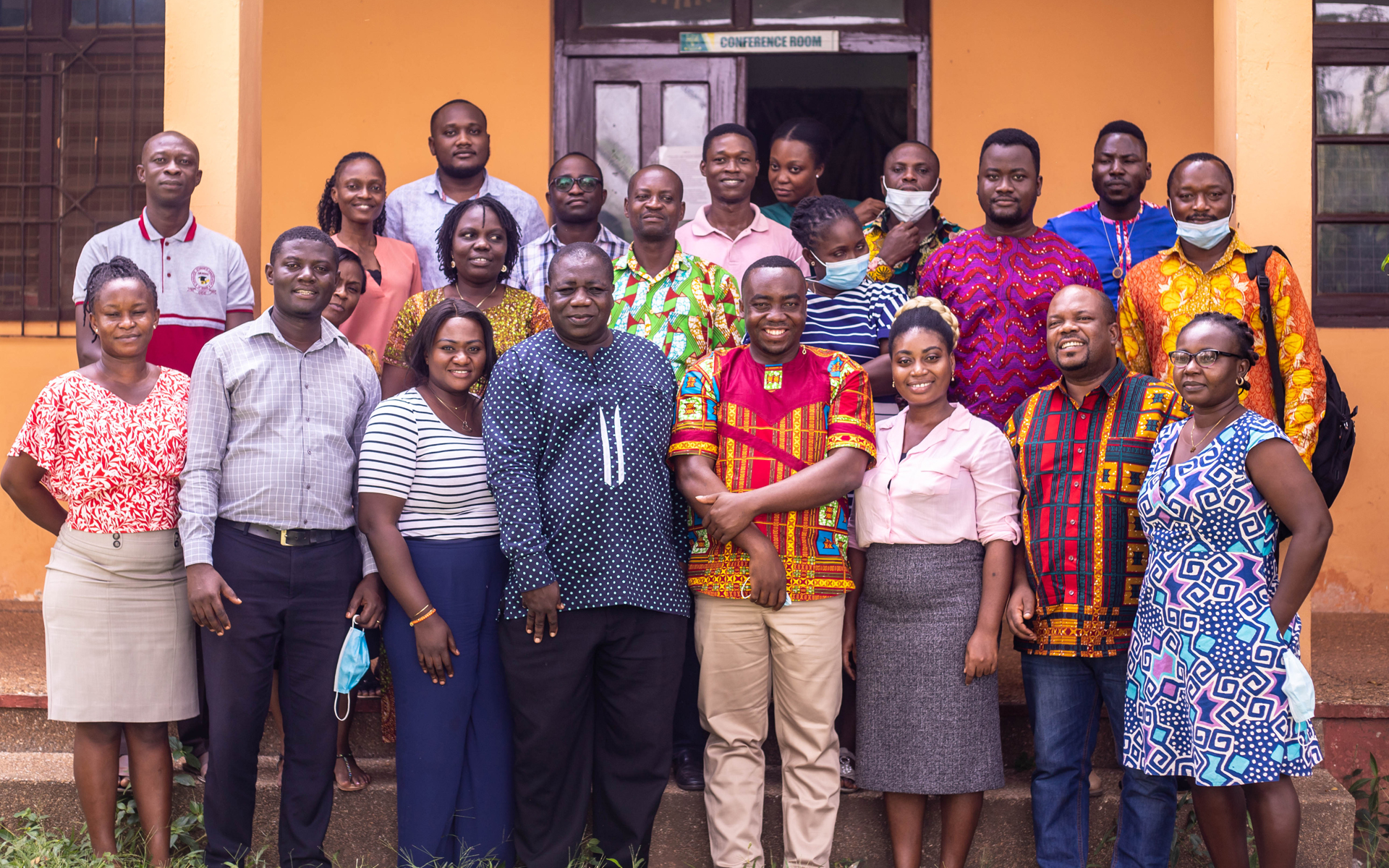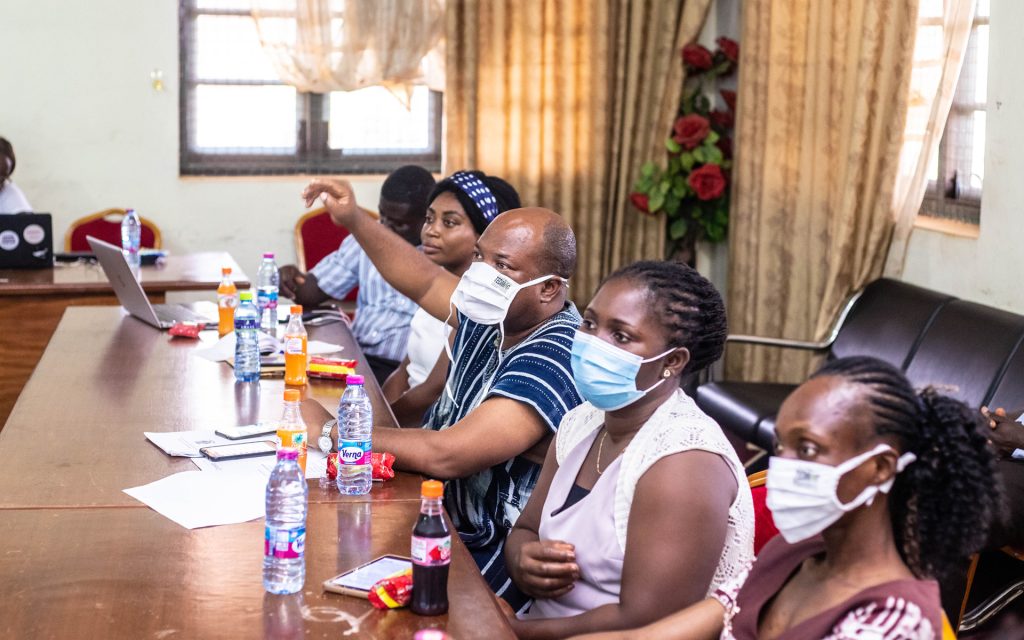strengthening the capacity of four colleges of agriculture

The Netherlands Initiative for Capacity development in Higher Education (NICHE)
This four-year Nuffic project in Ghana focused on improving agricultural education for both men and women at the four colleges (Kwadaso, Ohawu, Ejura and Damongo). The aim of this project is to enable better education to strengthen the agricultural sector, and ultimately contribute to strengthening food security in Ghana. The project involved working on both educational and organizational capacity, while looking at the needs of the market. Support focused on increasing the TVET-skills, knowledge and resources of teachers and management. In concrete terms this means that CINOP and partners create ownership, guide curriculum development and thus contribute to the accreditation process of the courses.
Overall Project Strategy
The ambition for the four agricultural colleges in Ghana is to become Centers of Excellence in agriculture and agribusiness training. In order to reach this goal, interventions within the following fields were implemented:
- The organisational capacity of the four agricultural colleges is enhanced.
- The staff capacity is strengthened.
- Gender sensitive, labor market oriented curricula are revised and implemented.
- A project investment plan (procurement, training, coaching, maintenance, financial sustainability) is implemented.
- And the business development capacity of the colleges is enhanced.

Food security is high on the Ghanaian agenda and the agricultural colleges play a pivotal role in this regard.
Graduates of the colleges, either as extension worker, employee or (self-)employer should possess practical and entrepreneurial skills to support the agriculture sector and to improve food security throughout the country.
The project seeks to support the further implementation of the Ghanaian foocksecurity policies and plans by (i) strengthening the colleges in their overall institutional and organizational performance, (il) capacitating staff on managerial, technical and entrepreneurial competences, (il) revising the curricula from an entrepreneurial and practical perspective, (iv) supporting the expansion of required facilities and equipment and finally by (v) creating an entrepreneurial awareness and knowledge among staff and students in their education, research and outreach.
At the end this approach will benefit the successful insertion of graduates on the labour market and will increase business opportunities for small farmers and female farmer groups.
